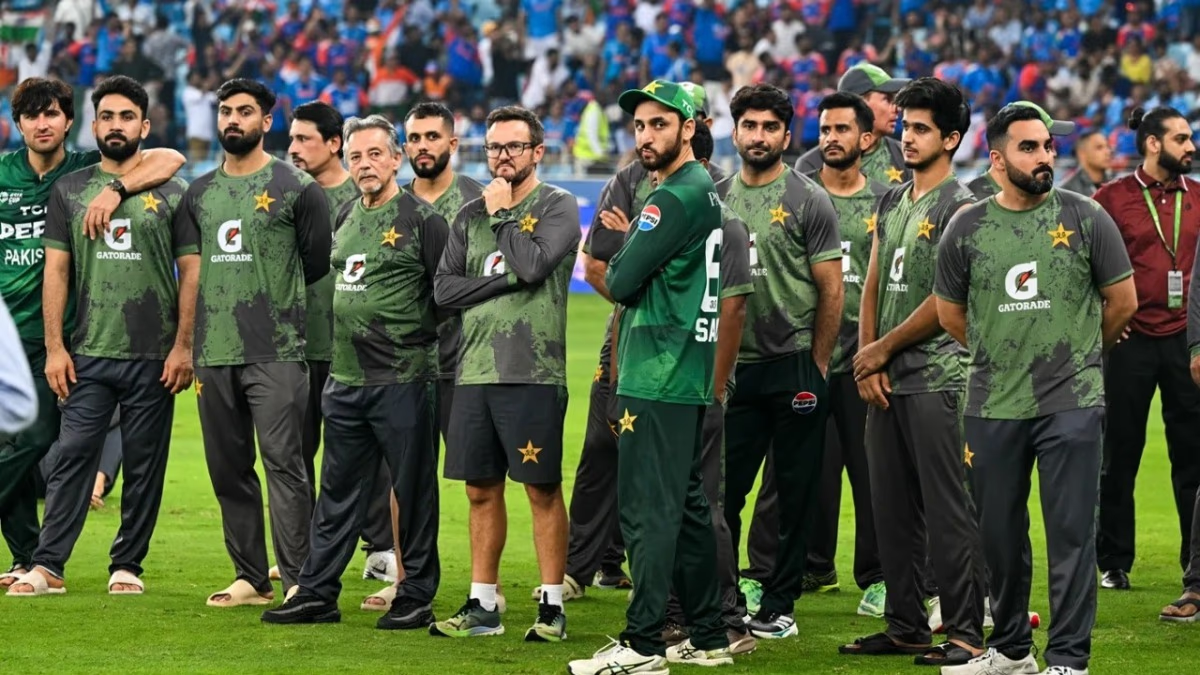The United States has implemented revised rules for the H-1B visa, impacting India significantly as about 71% of applicants are Indian professionals. The Trump administration's decision to hike application fees to $100,000 (~₹88 lakh) and dismantle the lottery system raises concerns in India, given that Indian professionals dominate H-1B visas.
Experts believe that while the stringent H-1B rules pose challenges, they also present opportunities for Indian tech professionals. As U.S. policies shift, Indian professionals are looking at other countries as viable alternatives. The UK, Europe, and Canada are stepping up, and China isn't far behind. But will this really become the next big move for IT professionals?
Will Europe and the UK Become the 'New America' for Indians?
With the steep hike in the H-1B visa fee by the U.S., the world is watching closely. All nations are aware that the majority of H-1B holders are Indian professionals, and now some countries see this as a chance. The UK has activated a Global Talent Taskforce aiming to capitalize on this opportunity, considering waiving visa fees for graduates from top universities or prestigious award winners.
However, the UK faces its own challenges, not to be underestimated. From July 2025, the post-study work visa duration has been cut from two years to 18 months. English language requirements have tightened, permanent residency now requires 10 years, and the 'Health & Care Worker' visa is no longer available for new applicants.
Consequently, the UK has seen a sharp decline in work visa applications. In 2023, 162,655 work visas were granted to Indians, which dropped to around 81,463 in 2024, marking a 50% decline. Policy changes have also caused applications in the 'Skilled Worker' category to shrink to about 4,900 by July 2025, down from about 6,000 the previous year.
The more stringent rules have pushed short-term study visa rejections from 45% to 68%, while Skilled Worker visa cancellations rose from 3% to 21%. The UK has increased the minimum salary threshold to £41,700 (approximately Rs 50 lakh), sidelining many Indian professionals from eligibility.
Germany
Similarly, Germany has extended an invitation to Indian professionals, but recent developments may pose challenges. The 'fast-track' system offering citizenship within three years is now abolished, requiring a minimum five-year residence. Although German ambassador Philipp Ackermann noted in a video that 'the average Indian earns more than the average German in Germany', indicating Germany's interest in foreign talent, the new rules suggest a tougher path.
Canada
Canada remains a potential new option for Indian professionals, albeit with its own hurdles. The first half of 2025 (January-June) saw a 50% drop in work permits issued. Additionally, 'Integrity Checks' for students and Temporary Workers have become more stringent.
Yet, Canadian Prime Minister Mark Carney announced a reorganization of the Temporary Foreign Worker Program (TFWP), now limited to specific sectors and provinces.
China
Meanwhile, U.S. policy shifts have heightened global sensitivities. From October 1, 2025, China is launching a new K-Visa, presenting an appealing option for Indian STEM professionals, especially those with strong educational backgrounds, teaching or research experience, or interests in entrepreneurship/start-ups.
As the U.S. H-1B visa becomes more costly and policy-driven, China's K-Visa could be a viable alternative, especially for those interested in STEM fields or research. Educators and researchers are also eligible.
This move is part of China's broader diplomatic strategy. In recent years, China has simplified visa rules for foreigners and has now established visa-free agreements with 75 countries. In the first half of 2025, 38 million international travelers visited China, with 13.6 million entering visa-free. In simple terms, the K-Visa is China's latest step to attract more international students, researchers, and businesses to the country.




